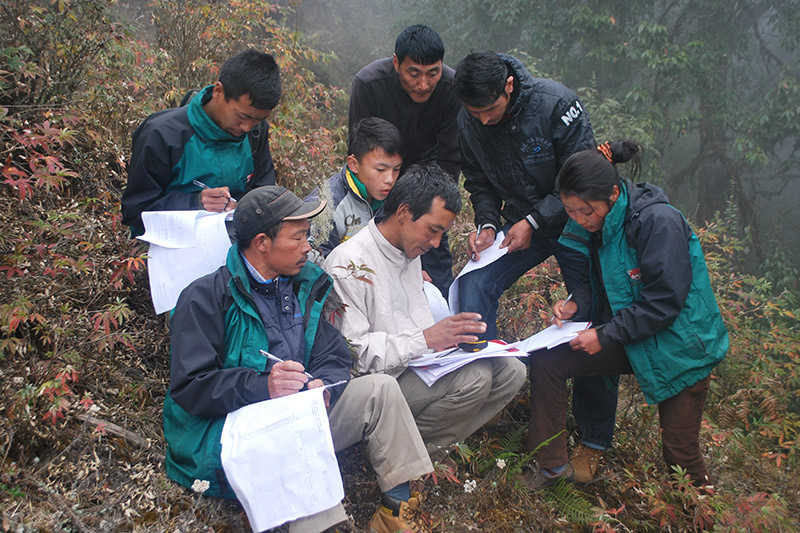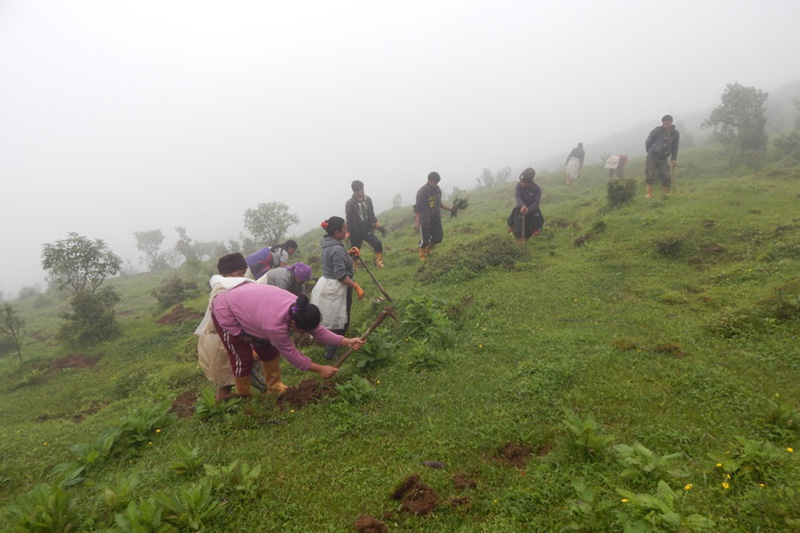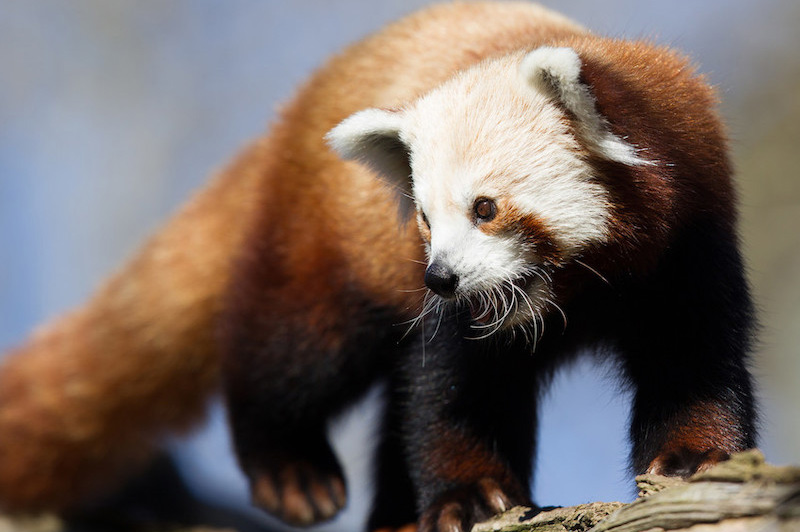RED PANDA NETWORK
Empowering local communities in Nepal to save red pandas and their forests
SAVING RED PANDAS
Rapid human population growth in the Eastern Himalayas is causing deforestation and fragmentation of red panda habitat. The global red panda population has declined by 50% in 20 years and there may be as few as 2,500 remaining in the wild. But there is hope! Since 2007, The Red Panda Network has become a world leader in efforts to save red pandas and their forest habitat through the education and empowerment of local communities.
PARTNER SPOTLIGHT
Red Panda Network
A Woodland Park Zoo Conservation Partner
The Red Panda Network focuses on research and monitoring, policy and advocacy, community-based conservation, education and outreach—all the while creating sustainable livelihoods for people who share red panda habitat. The group empowers and engages local communities to participate in red panda conservation by preserving forests, establishing wildlife corridors and viable red panda populations, and conducting status surveys.
Good News for Red Pandas and Local People

Forest Guardians
Red Panda Network hires local people to become “Forest Guardians” who earn a living by protecting red panda habitat and educating communities. This community-based conservation allows them to support their families while helping save red pandas.

Plant a Red Panda Home
The “Plant a Red Panda Home” campaign addresses the challenges red pandas face from habitat loss and fragmentation. In 2022 the Red Panda Network prioritized hiring women for this program—a win for conservation that also breaks down barriers to education and leadership opportunities for women.

Saving Animals From Extinction
Woodland Park Zoo has joined with other Association of Zoos & Aquariums-accredited zoos to form the Red Panda SAFE (Saving Animals From Extinction) program. That means accredited zoos are now bringing their expertise, resources and audiences together for this cause.
WHAT YOU CAN DO
Be a Conservation Consumer and Help Red Pandas!
A healthy future for red pandas and the forests we share is within reach! You can help by choosing paper and wood products certified by the Forest Stewardship Council (FSC) when you shop. Look for the FSC logo to confirm your product choice was made using responsible forestry methods.
Learn More About Red Pandas
- Although they share a common name, red pandas and giant pandas are not related—but they do both eat bamboo as a main component of their diets.
- They’re a mostly vegetarian carnivore! Red pandas are classified as carnivores because they're descended from carnivore ancestors—but they mainly eat bamboo leaves as well as grass, fruit and sometimes eggs, insects or small animals.
- Having a carnivore digestive system means that red pandas need to eat up to 20,000 bamboo leaves a day for proper nutrition.
- Red pandas’ claws are sharp and can be pulled in like a cat.
- Like giant pandas, red pandas have an extra “thumb,” which is an enlarged bone for grabbing bamboo stems.
MORE WAYS TO HELP